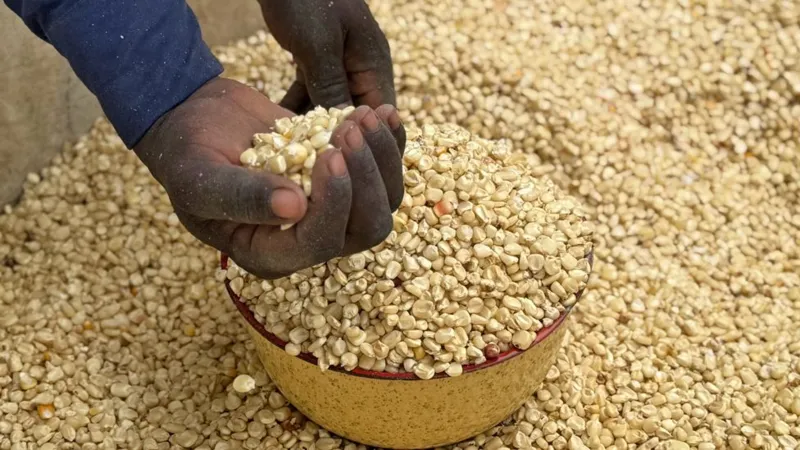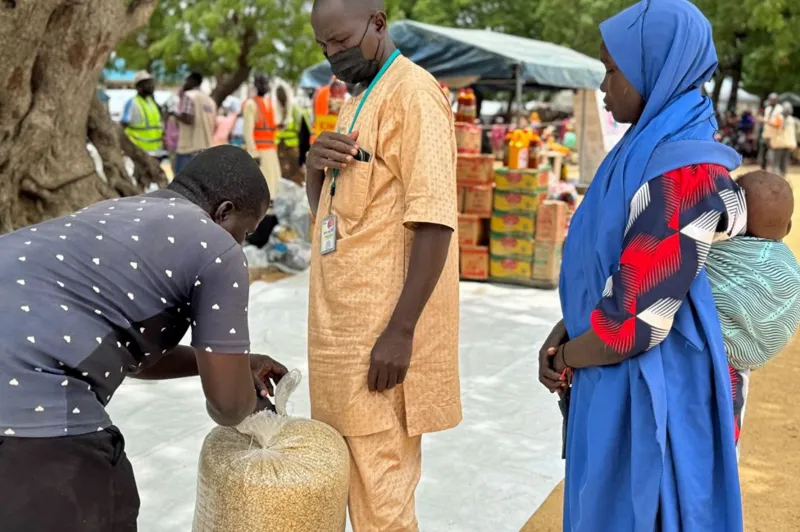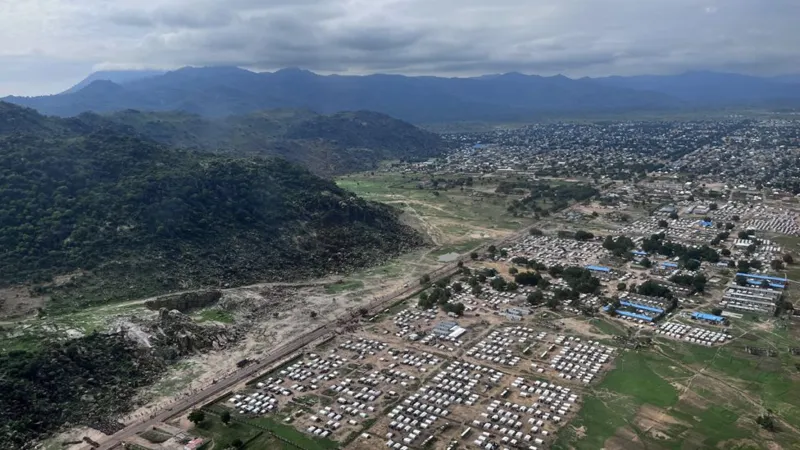Nigeria’s Aid Cuts Risk Fueling Boko Haram Recruitment, Warn Agencies

Humanitarian Crisis Looms as Funding Dries Up
Severe reductions in humanitarian assistance to northeastern Nigeria may inadvertently strengthen Boko Haram’s recruitment efforts, according to alarmed aid organizations. The UN’s World Food Programme (WFP) has exhausted its resources after months of rationing support due to funding shortages.
“It will be much easier for militants to lure youths to join them and spiral insecurity across the whole region,” Trust Mlambo, WFP’s head of operations in the area, told the BBC.
The Boko Haram Insurgency
Infamous for the 2014 Chibok schoolgirls abduction, Boko Haram has kidnapped thousands and displaced over a million people since launching military operations in 2009. Originally a religious movement opposing Western education, the group evolved into one of the world’s deadliest jihadist organizations, with a faction pledging allegiance to Islamic State in 2015.

Personal Tragedy Amid Collective Suffering
Aisha Abubakar, 40, represents the human cost of the conflict. “My husband and six children were killed in the bush,” she recounted. Four children survived, including one recently rescued from Boko Haram captivity.
Now living in Gwoza – a garrison town beneath striking rocky hills that conceal militant hideouts – Abubakar has remarried and has a seven-month-old baby. Like 1.4 million displaced northeastern Nigerians, she depends entirely on humanitarian aid.
“I could never go back to the village,” she said. “Life there was unbearable, we were always on the run.”

Funding Cuts and Their Consequences
The WFP’s Mlambo painted a dire picture: “Our warehouses are empty, and we’re desperate for donations.” The U.S. State Department acknowledged aid reductions under its “America First” policy but maintains it remains the world’s most generous donor.
The funding shortfall has already caused malnutrition rates to surge. Médecins Sans Frontières reported that severe acute malnutrition cases more than doubled in 2025’s first half, with 652 children dying in their facilities.
Government Response
While Nigeria battles corruption, inflation, and insurgency, Vice-President Kashim Shettima recently acknowledged malnutrition affects 40% of under-fives, vowing action through a newly established nutrition board.
However, over 150 donor-funded malnutrition clinics face closure, leaving displaced families like Hauwa Badamasi’s in peril. “What are we going to do with our lives?” asked the 25-year-old mother, whose three-year-old now suffers malnutrition despite her efforts.
A Cycle of Desperation
Mlambo warned that food insecurity could drive people toward extremism: “If people can’t get their next meal, they may cross the hills to enroll [with militants].”
While Gwoza’s military presence offers some security, residents doubt the army can end the insurgency – and fear what comes next as aid disappears.
Additional reporting by Kyla Herrmannsen
Related Coverage

Source: BBC News


